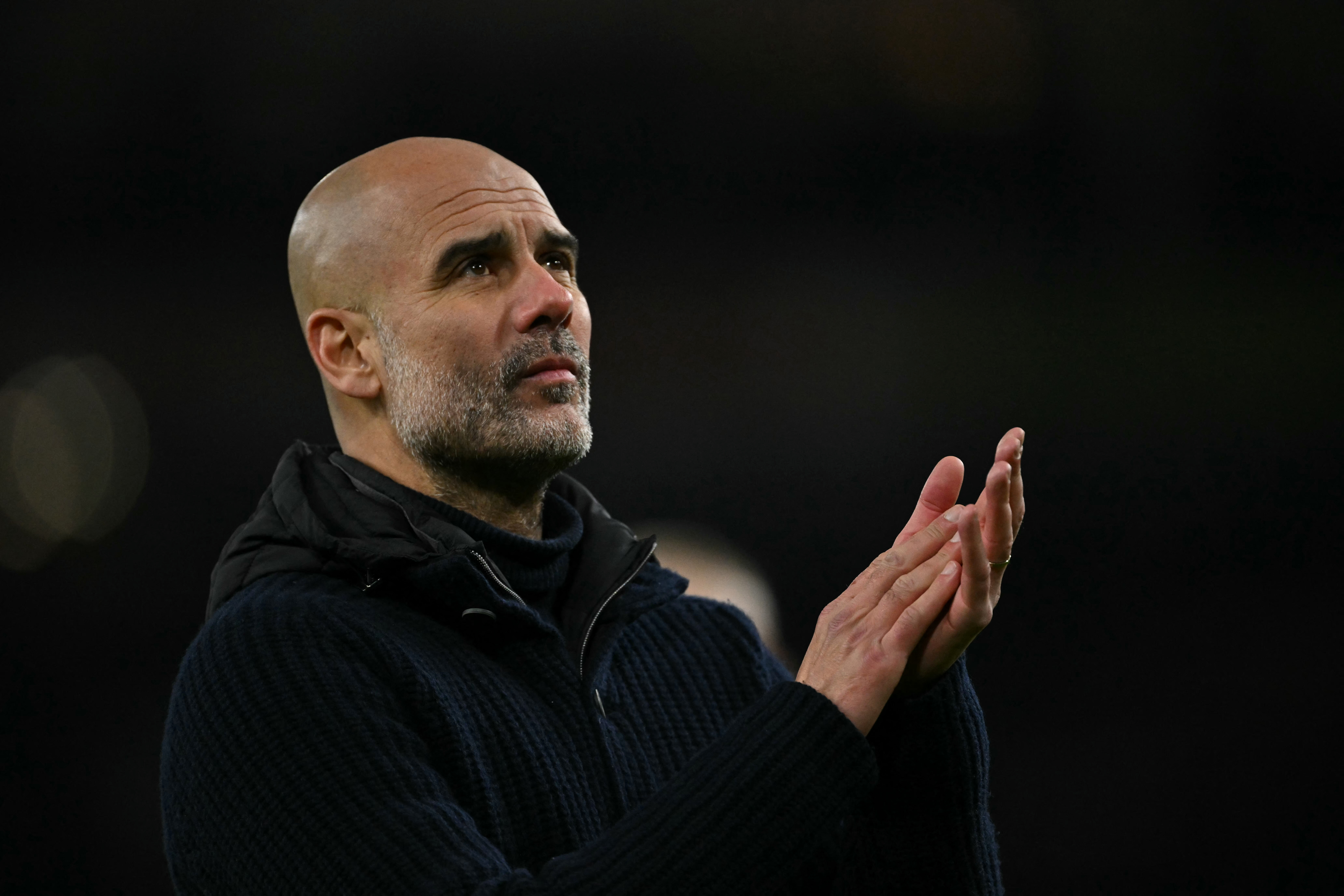Moratti's call for Inter boycott of Gazzetta is doomed to fail
Massimo MorattiâÂÂs morning reading will be a spot shorter from now on after the Inter owner decided to boycott La Gazzetta dello Sport for joining in the chorus of calls for the Nerazzurri to be stripped of their 2006 Serie A title.
He urged all Nerazzurri fans to follow suit and give the pink one a miss. That seems highly unlikely considering that it is not only Milan-based, but generally quite pro-Inter. It's also the most popular paper in the country, including the non-sporting dailies.
Just about everyone reads it. You see smartly-dressed businessmen walking to their city-centre offices with the Gazzetta tucked under their arm along with that other Milanese publishing institution Corriere dello Sera â and you can guess which one they delve into first.
So for Moratti to turn against a traditional supporter, whose offices had become a second home when he needed a mouthpiece, can only be counter-productive â especially when Inter need to keep old and trusted friends as close as possible.
His call for a mass embargo did encourage some rabble-rousing and a number of fans hurled the odd bit of verbal advice at Gazzetta staff outside the paperâÂÂs headquarters, although hacks have become used to being the brunt of supporter anger.
No one could turn a blind eye to the overwhelming evidence that has emerged after a year-long enquiry into the Calciopoli by the Football Federation (FIGC) chief investigator Stefano Palazzi that Inter and their then president Giacinto Facchetti was as much part of the system of influencing referees as anyone else â and to some extent even more so.
Facchetti died in September 2006 and Moratti, having seen the moral high ground swept from beneath his feet, lashed out with disdain at the Gazzetta, the FIGC and anyone else who questioned that his old friend was nothing less than a saint.
The best features, fun and footballing quizzes, straight to your inbox every week.
However, despite all the legal claims about breaching articles of sporting law, there will be little punishment for Inter. Due to the sporting statute of limitations â and PalazziâÂÂs snail-like investigation, which took the case beyond the four-year limit in which to take any further action â the worst that could happen is that the FIGC decide to wipe Inter's 2006 Scudetto (awarded by default post-Calciopoli) and leave that title unrewarded, as they did with the 2005 edition.
The initial investigation had its roots in the desire to proportion blame quickly, and Juventus director Luciano Moggi set himself up as the fall guy. However, the selective evidence presented means that others got off very lightly â and in InterâÂÂs case they were able to profit from being kept out of the firing line to become the peopleâÂÂs champions.
Considering FacchettiâÂÂs close relationship with Moratti it would seem unlikely he was acting independently of the club â possible, but highly unlikely considering the paranoia within Italian football that someone else, in this case Juventus, always has too much influence.
You can see where MorattiâÂÂs outburst came from: the evidence from wire-taps now suggests that Facchetti's conversations with referee designator Paolo Bergamo were little different from what was going on anywhere else, even if they seem to be a plea for a share of the spoils within the bigger picture.
Bergamo has even claimed the FIGC actively encouraged him to speak to as many clubs as possible about which referee should be in charge of which game â specifically to deflect any accusations of favouritism like the ones which subsequently came to light.
These revelations are playing out in typical Italian fashion with no concrete evidence â in this case that matches were fixed, or that anyone was doing anything more than attempting to gain an edge before someone else did: to "level the playing field" without everyone being on the level.
Five years on from ItalyâÂÂs post-Calciopoli World Cup victory, everyone is still trying to get one over their rivals â be it in subtle claims of injustice hinted at to the press or full-on public outbursts usually directly into a TV camera on prime-time.
The FIGC will decide on July 18 if the the title will disappear into the ether or remain InterâÂÂs property. Until then, there's as much chance of Interisti wearing red and black as there is of them leaving the pink one on the news stands.
